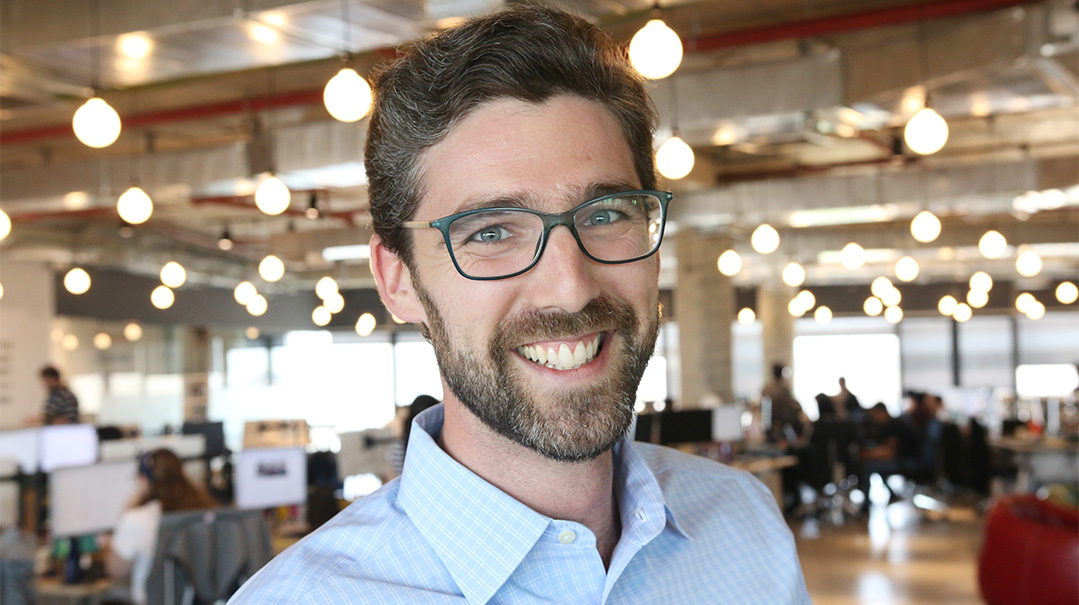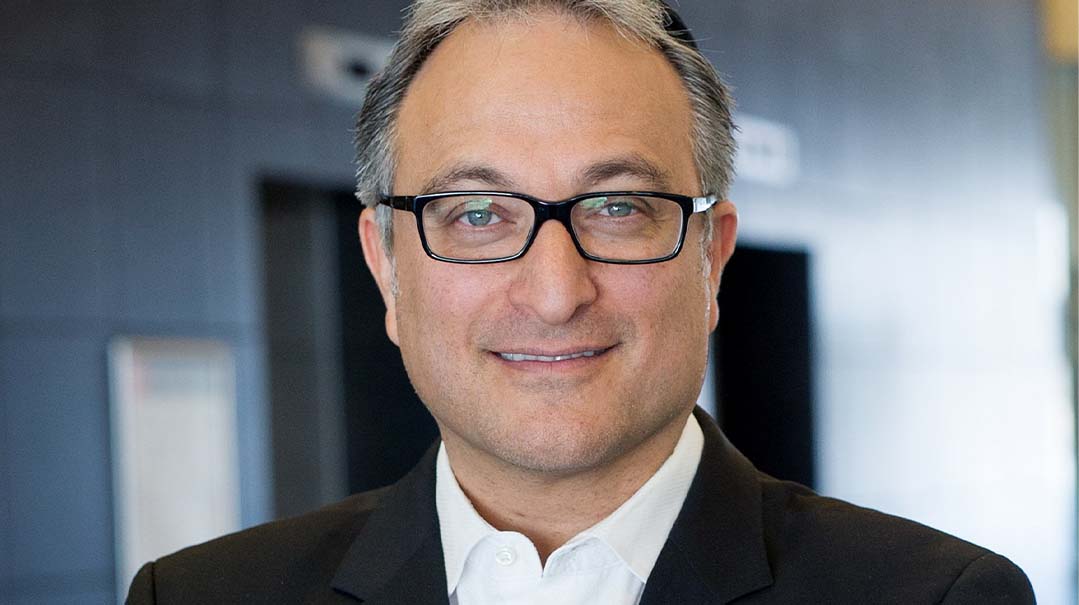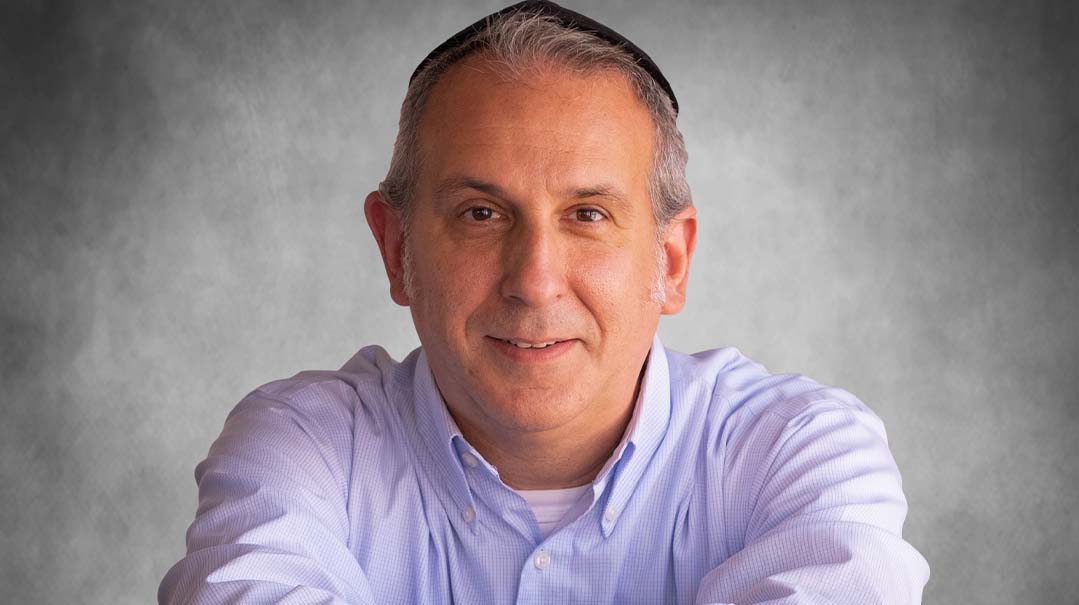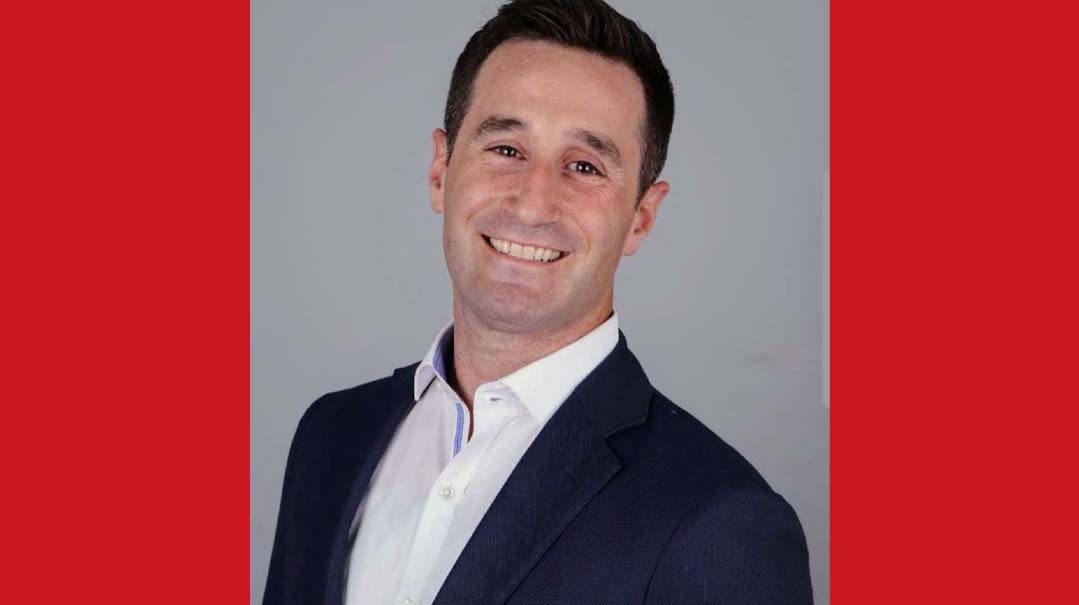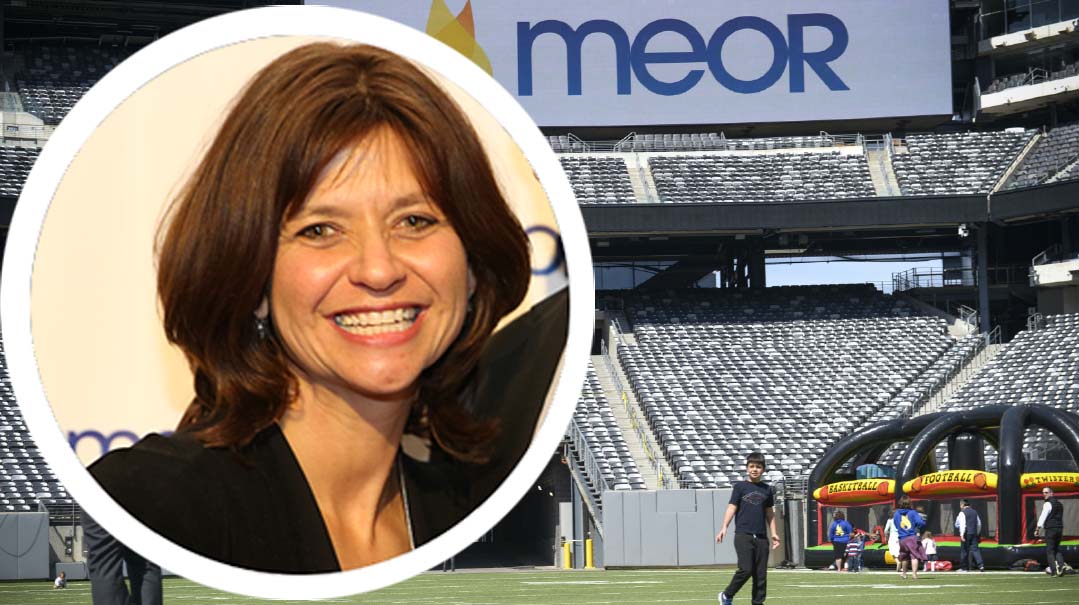Work/Life Solutions with Eli Schwartz

"A job is just a job — it’s not who I am and never an essential part of my identity or self-worth"
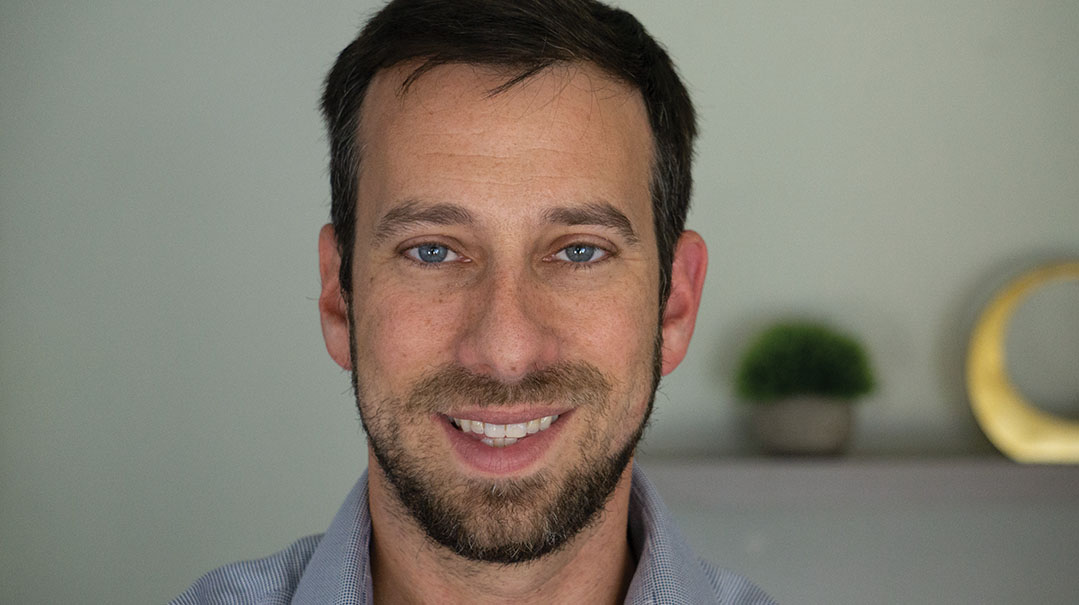
Who: Eli Schwartz, growth consultant, SEO (search engine optimization) expert, and author of Product-Led SEO.
What: Eli Schwartz, SEO expert and consultant (SEO, search engine optimization, is the strategic development of websites and other digital content, such as blogs, so they can be found easily by people searching for those topics via search engines like Google and Bing), has over a decade of experience driving successful growth programs for major enterprise companies. He has worked with companies like Coinbase, Match, Gusto, Blue Nile, WordPress, Zendesk, and Shutterstock in building and executing growth strategies that have created billions of dollars in revenue.
In the past, Eli led a growth team at SurveyMonkey, an online survey tool for businesses, helping it drive hundreds of millions of dollars per year. He helped launch SurveyMonkey’s first Asia-Pacific (APAC) office and oversaw international growth before and after shares went public. Prior to SurveyMonkey, he led marketing initiatives at a start-up and helped them successfully exit to one of the largest online automotive networks in the world. Eli frequently speaks at marketing events and conferences around the world, and at top universities across the US, and his work has been featured on sites ranging from TechCrunch to Forbes to Y Combinator.
Where: Along with his wife and four boys (aged one to nine), Eli currently lives in Houston, Texas. Before that, he lived in Palo Alto, California, for 14 years, with a two-year stint in Singapore during that period.
Why: A few weeks ago, I saw that Sheryl Sandberg, COO of Facebook, posted a beautiful note on social media about a guy named Eli Schwartz. Why was one of the most influential women in the world (who also happens to be Jewish) praising this guy named Eli? It happened that Eli had just published his new book in the memory of Sheryl’s late husband, Dave Goldberg, and Sheryl was publicly expressing her appreciation. That piqued my interest. So, I reached out to Rabbi Joey Felsen from Palo Alto to learn more about Eli, and then, as Eli and I spoke, I knew I wanted to share his story.
1 of 9: What opportunities or personalities played a key role in your career path?
In 2015, my wife and I decided to pursue a dream of living, working, and traveling in Asia. After an extremely long and difficult recruitment process, I received an offer to lead the APAC division of a global marketing agency based out of Singapore. With a move date just two weeks away, I went to give notice of my impending departure to my manager. At the time, I had been at SurveyMonkey for slightly over two years, and while I really loved the company, they didn’t have any Asian offices and that was where we wanted to be.
But my boss pushed back on my leaving, and told me that she was going to have the CEO try to convince me himself. I wished her well and assumed that was the end. How wrong I was.
Within 20 minutes, I was sitting across the table from Dave Goldberg, CEO of SurveyMonkey. The first thing he told me was that he was personally offended that I had a dream of moving to Asia and that I had not looped him in to give him a chance to make it happen. Until this point, I had had many interactions with Dave, but never a formal one-to-one sit-down. I thought his opening gambit was just words, but I was soon to find out that he was truly serious.
After respectfully declining his request to reconsider my decision, or at least to change my move to somewhere else in the world where SurveyMonkey had an office, I assumed the conversation was over. Later that evening, he emailed me to say that he had found a solution and he was going to send me to Singapore as I wished. Without even waiting for my response, he emailed the CEO of one of the company’s largest investors that had an office in Singapore and told him that SurveyMonkey was going to need a desk in their space.
The next morning, we met again, and he asked me to create my own job description. He then initiated a flurry of work with the legal and human resource teams to create a job and form an entirely new company in Singapore — and all because it was my personal dream. Dave partnered with me in my work and had me email him updates and set up one-to-one meetings to keep track of my success.
The interest Dave took in me — to the point of quite literally creating a dream position — completely changed the trajectory of my career. Due to his untimely passing in May 2015, I was never able to thank him for the gift he gave to me, and I feel like it’s my personal responsibility to show gratitude to him by helping others to become their best selves and achieve their dreams. Product-Led SEO, the book I recently published, is dedicated to Dave’s memory. I want everyone who reads the book to know that it never would have happened without his genuine kindness.
2 of 9: Which three character traits have played a key role in your success?
Grit. My entire life has been personified by this now-popular term, which is a combination of perseverance, passion, and optimism. My educational background had many gaps, to say the least, but my grit has helped me to overcome and succeed in ways that should never have been possible. One strategy that has often guided my grit is what I call my five-year plan. I have always tried to set goals five years into the future and drive toward those end goals, no matter what gets in the way.
Curiosity. It’s another important trait that has guided me throughout my career. I try to take every meeting that comes my way, even if on paper it seems like a waste of time. As a direct result of this curiosity, I have encountered the most fascinating opportunities and have made great friendships, met wonderful mentors, and gained a lot of business connections over time.
Strategic Thinking. I am very deliberate and strategic. When I work with my clients, I help them with tactics that guide them into a long-term strategy that makes sense for their business. When I engage with a company, I determine if it makes sense from a strategic standpoint for us to even work together and, if not, then I refer them to someone who might be a better fit. On a more casual note, I don’t believe in just winging business conversations or meetings just to see where things end up. I always take the time to prepare before a meeting to try to determine where they want things to head and how I can best help them. When I email someone requesting a meeting, I find that putting context in that email leads to a higher chance of success rather than just requesting to chat. A saying I love is that “every strategy falls to the lowest level of preparation.” Preparing before a conversation or meeting shows someone has respect for their time.
3 of 9: What do you do to relax, recharge, or simply have fun? How do you make time for that, and how often?
My absolute favorite way of relaxing and recharging is to travel somewhere that’s culturally and practically completely different from home. I have been fortunate to have gone to many fascinating places with my family and each trip provides new lessons, experiences, and perspective. It could be realizing that America, for all its challenges, does an incredible job providing for its people. Or it could be understanding business or parenting styles from those in another culture — like the time my son woke up ill in Taiwan with a Chinese-speaking babysitter who used local methods to heal him and passed that knowledge on to us, or understanding the important role that business plays in making a kiddush Hashem in publicly anti-Semitic countries like Malaysia. And sometimes, traveling reminds me about how much resilience we have — like the time my family got stuck with three small children in the now-closed Stockholm airport after we missed the connection to give a keynote at a conference in Estonia. I also love learning about Jewish communities all around the world — like the time I went to Karala, India, just to see the oldest shul outside of Israel.
4 of 9: What would you say was your most resounding failure? What did you take away from that experience?
It might be a clichéd response, but I really don’t believe in failure. There may be setbacks that at the time can be incredibly painful and disappointing, but when viewed many years later, those low points will be revealed as true gifts from Above. I have been so fortunate that I have had many occasions where I thought I had failed, and it turned out for the best years later. Two specific experiences stand out:
Many years ago, I had been working at what I thought was my dream job as a floor clerk in the New York Stock Exchange. At the time, I was very proud of the job and felt it was a part of my identity. When I was fired a few months in, I was absolutely devastated, but in hindsight I think it was the best thing that ever happened in my career. Losing that job spurred me to go to college to get an education and it also taught me an early lesson that a job is just a job — it’s not who I am and never an essential part of my identity or self-worth.
However, my favorite example of “lemons to lemonade” (what some people call “failure”) occurred after working for a few years at the same company. I was ready to move on to a new role at a different company, and I interviewed for what on paper seemed like perfect jobs for me at a few of my dream companies. After months of interviews, and in spite of the fact that I kept making it to the final rounds, I was not offered the hoped-for positions. But rather than lower my requirements for the type of job I wanted, I used this as an incentive to build my own consultancy, helping large enterprises develop new channels for acquiring customers online. Even better, five years later my largest clients are all direct referrals from the executives I met during those years of interviews. I had made enough of an impression on them that even though they couldn’t or wouldn’t hire me for full-time positions, they were willing to refer me to other leaders for consulting partnerships.
6 of 9: What is the most inspiring feedback you’ve ever received? Did that impact what you did next?
In 2017, when I had that disappointing spate of job interviews mentioned above, I was turned down for a job I really wanted and had thought I was surely going to be getting. The recruiter I was working with was very candid in the feedback about why I ultimately did not get a job offer. I used that feedback to pivot my job function and responsibility so that I would never be rejected for that reason again. Within three months, I had a completely new job title and a larger team reporting to me. Part of that feedback was that I needed to be more product-centric rather than just a marketer, and pivoting to that product-centricity even enabled me to write the book about product strategy that has sold thousands of copies to product leaders — including to the person who gave me that feedback.
7 of 9: If you were asked to deliver a TED Talk watched by 50 million people, what topic would you choose to speak about? Why?
There are so many talks given that dissect the lives of the world’s most popular business leaders and in each case, ambition is emphasized over humanity. The message is that it’s impossible to put other people first if you want to succeed. I have been the direct recipient of leaders who believe the exact opposite and I would use the TED stage to share the stories of successful leaders who were kind to their employees and the people around them, even if it would have compromised the success of their companies. Dave Goldberg, my former CEO, enabled me to achieve a dream of living and working overseas even though it conflicted with the overall goals of the company. I found out after he passed away that the company spent many times more than my annual salary to form and fund a foreign subsidiary, just to give me all benefits and equity accorded to every US employee. Dave Goldberg made my dream his dream and for that I am eternally grateful. I’ve started working on my next book, which is about kind leaders, people who put humanity before profit, and I hope the message will resonate.
8 of 9: How do you navigate the tension between your deepest values and the business world?
I’ve been fortunate to have spent most of my career in Silicon Valley, which, from my experience at least, lives up to its reputation of being a bastion of acceptance for all sorts of ideas and a true meritocracy. Every time I started a new job or joined a new team, I had a little bit of anxiety about sharing that I would need to leave early on Fridays in the winter or take off what seemed like an entire month in the fall.
Thankfully all of that worry was for naught, as I never once heard anything but acceptance. I certainly had some weird experiences like when I had a boss ask if there was a way I could respond to a particular request on Rosh Hashanah or if I could make an exception for a particularly important Friday meeting. I found that a firm response about this being nonnegotiable was all I really needed. I once had a new boss parrot back to me my leaving-early declaration in the way he heard it. He said “You are telling me that you need to get home because after dark you can’t touch a light switch because G-d told you so?” I responded with a yes. To which he said with a smile, “Okay, good luck with that stuff.”
9 of 9: If you were advising a young man/woman hoping to launch a career as an entrepreneur, which “dos” and “don’ts” would you share?
Strive to hear the word “no.” If you aren’t hearing the word “no” often, you aren’t reaching high enough. The only person that can hold back your ambition is yourself. Other people and events might get in your way, but it’s your job to figure out how to navigate those challenges, not let them become dead ends. I don’t have the educational pedigree that would justify the level of responsibility my public company clients give me, but when those opportunities come to me, it’s my responsibility to put forward the best pitch possible and not decline because I feel that I’m not deserving. When it comes to your career, your goals are only impossible if you believe that they are.
(Originally featured in Mishpacha, Issue 869)
Oops! We could not locate your form.







